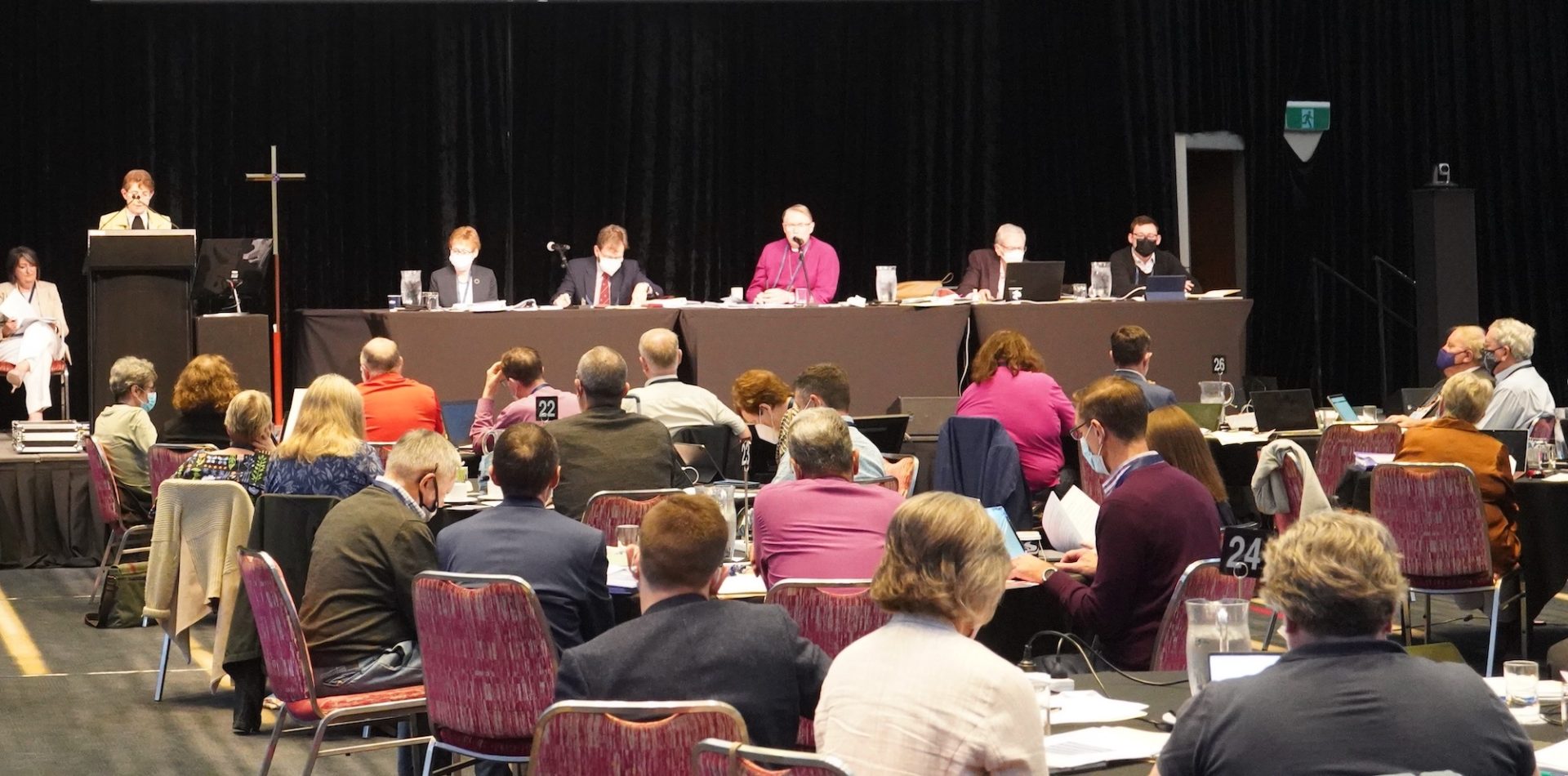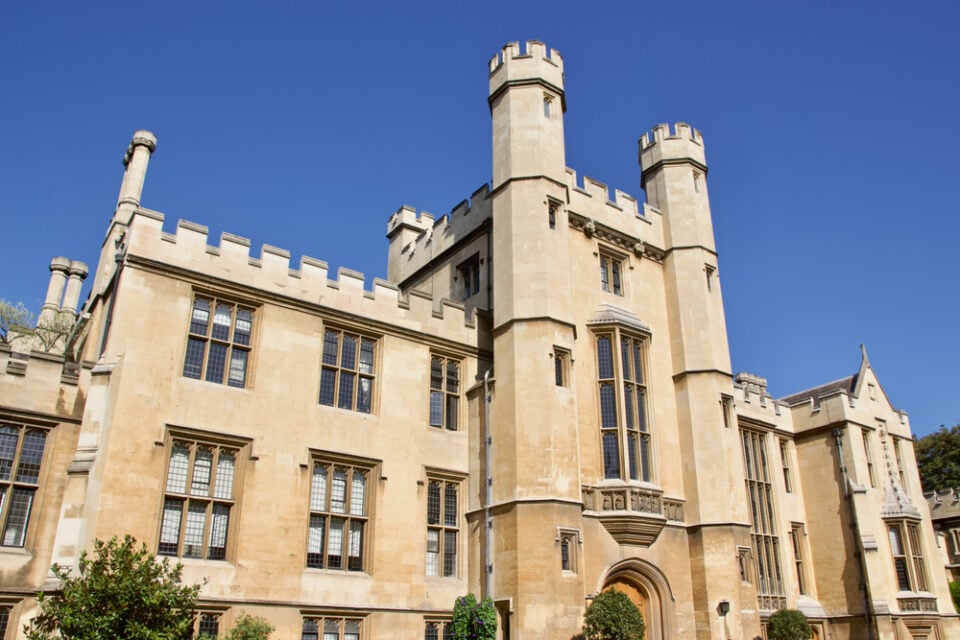The Primate of the Anglican Church of Australia, Archbishop Geoff Smith, reflects on the debate at last week’s General Synod on sexuality and marriage and concludes no doctrine has changed.
While much has been written about the potential for the Anglican Church of Australia to split in the wake of General Synod’s failure to pass a statement on marriage moved by the Archbishop of Sydney, Kanishka Raffel, it is important to look at that rejection in the context of both the wider discussion at Synod, and the subsequent affirmation of two other motions on sexuality and marriage made there.
While the General Synod did not agree with the first statement from the Standing Committee of the Diocese of Sydney, the Synod did agree to a second statement which sought to define Unchastity.
That motion in part said: “the General Synod states that it continues to hold the historic view that unchastity means sexual intimacy outside a marriage relationship, defined in the Book of Common Prayer as the union of one man and one woman, in accordance with Jesus’ teaching about marriage in Matt 19:4-5”.
The view that marriage is between a man and a woman was also re-affirmed last week in a motion (24.24) moved by the Rt Rev’d Dr Michael Stead and seconded by the Rev’d Natalie Rosner.
That motion, said in part, that Synod “continues to affirm that marriage according to the rites and ceremonies of the Anglican Church of Australia is the voluntary union of one man and one woman arising from mutual promises of lifelong faithfulness.”
Furthermore, General Synod did not agree to a motion brought by the Rev’d Assoc Prof Matthew Anstey seeking to affirm same sex marriages.
That motion asked Synod to affirm that it “considers same-sex marriage as a moral good and a gift to be celebrated, providing an enrichment of the Christian understanding of marriage and a witness to God’s grace and love, consistent with the testimony of Scripture and Anglican tradition as expressed in the historic Creeds.”
It was defeated by 145 votes to 95.
It is the case that General Synod did not explicitly express an opinion against the blessing of same sex marriages, which the Appellate Tribunal last year found not to be contrary to the Constitution of the Church. But clear support for a motion supporting the traditional view of marriage, a statement rejecting the notion of sexual intimacy outside marriage which is described as being between a man and a woman, and the clear rejection of any affirmation of same sex marriage under Church doctrine makes the position of the Church at this time clear. While the blessing of same sex marriage might not be contrary to the Constitution of the Church it hasn’t been endorsed by the General Synod.
The wider debate at General Synod also affirmed other important aspects around the subject of marriage and sexuality.
An apology for hurt caused to LGBTIQ+ people, which was clearly affirmed, reinforced the principal that people in same sex relationships are very welcome as part of the life of the Church.
While the debates on human sexuality demonstrated a wide variety of opinion, the way the debate was conducted by General Synod members also showed that, in this first opportunity to meet to discuss these issues since the change to the Marriage Act in 2017, we are capable of civil, respectful discussion.
There is no doubt that there are strong feelings for those who want to see some change. And there are certainly strong feelings for those who don’t want to see any change. But the synod proved that good disagreement is possible.This is not the first time that the church has confronted issues where there’s been disagreement. Strongly held views have been a feature of the life of the church. The important thing is that we can we continue to sit at the same table as we continue to have the discussion.






